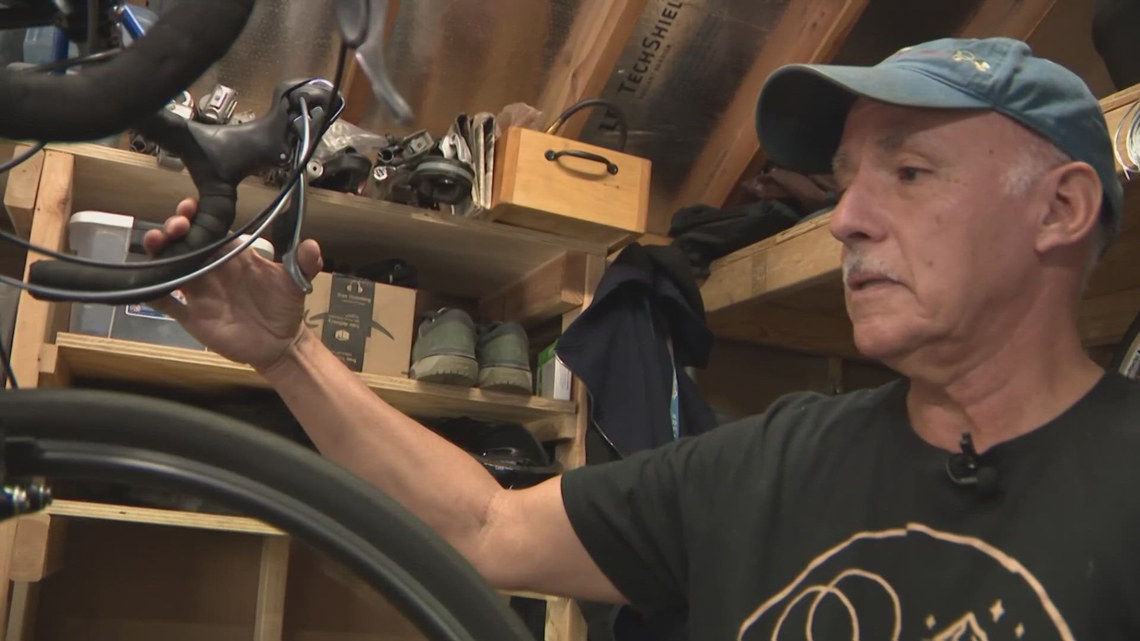Musk has a history of proclamations about coming features and policies that have not always come to fruition. He did not say when the features would be available.


SAN FRANCISCO — Elon Musk said Thursday that his social network X, formerly known as Twitter, will give users the ability to make voice and video calls on the platform. Musk, who has a history of making proclamations about coming features and policies that have not always come to fruition, did not say when the features would be available to users.
The company also updated its privacy policies that will allow for the collection of biometric data and employment history, among other information.
Musk posted on the former Twitter that the site's voice and video calls will work on Apple and Android devices as well as on computers, with “No phone numbers needed.”
Rival social platforms already offer voice and video calls. Meta, which owns Facebook, WhatsApp and Instagram, introduced voice and video calls on Messenger in 2015. Snapchat added them in 2016.
X did not immediately respond to a request for more details on the new features or when they will be available.
The platform's new privacy policy, which goes into effect Sept. 29, tells users that based “on your consent, we may collect and use your biometric information for safety, security, and identification purposes.” It does not say what biometric information will be collected. Biometric data can refer to fingerprints, facial recognition and the like.
“The announcement is at least an acknowledgement that X will be doing what other social networks have already been doing in a more covert fashion,” said Stephen Wicker, a professor at Cornell University and expert on data privacy,
Two years ago, Facebook agreed to a $650 million settlement of a privacy lawsuit for allegedly using photo face-tagging and other biometric data without the permission of its users.
“X’s announcement is an expansion of the ongoing farming of social network users for personal data that can be used for directed advertising," Wicker said, adding that such data collection "continues to be a problem for the individuals that provide the data, while a source of wealth for those that take it.”
For users in the European Union, where sweeping regulation cracking down on Big Tech — known as the Digital Services Act — went into effect last week, X also added a new reporting tool for posts and advertisements that may violate the new rules. The feature is not available outside of the EU, where the rules do not apply.
In June, Twitter participated in a voluntary “stress test” to see if it was ready to cope with the DSA’s requirements that include protecting children online and detecting and mitigating disinformation, under both normal and extreme situations. European Commissioner Thierry Breton at the time noted the “strong commitment of Twitter to comply" with the DSA but added that “work needs to continue."
.png)









 English (US) ·
English (US) ·